Quiz: Which Y/N Stereotype Are You?

You’re scrolling through TikTok when suddenly you stumble upon a video. “POV: you’re the new girl at vampire school, and the most popular guy can’t take his eyes off you.” Sound familiar? Congratulations, you’ve just encountered Y/N – a phenomenon that has taken the internet by storm and transformed millions of people into the protagonists of their own romantic fantasies. But which Y/N character lives inside you? Our quiz will help you find out – and the results might surprise you.
The Y/N Phenomenon in Modern Internet Culture
Y/N isn’t just an abbreviation for “Your Name.” It’s an entire universe where the reader becomes the protagonist of the story, experiencing adventures in first person. Born in the depths of fanfiction communities in the early 2000s, Y/N has evolved from simple text stories on Wattpad to viral TikTok videos and complex role-playing games on social media.
Psychologists call this phenomenon “projective identification” – a mechanism that allows us to safely explore different aspects of our personality through fictional scenarios. Dr. Karen Dill-Shackleford from Fielding University notes that Y/N stories serve as a kind of “emotional sandbox” where young people can experiment with identity without risking real consequences.
But Y/N is more than just escapism. It’s a mirror of our collective desires, fears, and fantasies. When millions of people imagine themselves as “an ordinary girl who caught the attention of a K-pop idol,” it speaks to a deep need for recognition and specialness in an era of social media where everyone fights for attention.
The Essence of the Quiz: Discover Your Y/N Archetype
Our quiz is a tool based on behavioral pattern analysis in Y/N stories. We studied thousands of popular Y/N scenarios, identified key archetypes, and created a question system that determines which type of Y/N character you’re closest to.
The quiz analyzes your preferences in four key areas:
- Social dynamics: how you interact with others in imaginary scenarios
- Romantic patterns: what relationships attract you in fantasies
- Conflict behavior: how you handle drama and obstacles
- Self-perception: what kind of hero you see yourself as in your own story
The quiz algorithm considers not only direct answers but also hidden preferences, revealing your true Y/N archetype even if you try to “cheat” the test by choosing socially approved options.
Gallery of Y/N Stereotypes in the Quiz
Each archetype in our quiz isn’t just a set of character traits, but a complete psychological portrait reflecting a specific way of interacting with the world of fantasies. We’ve identified five main stereotypes that cover the entire spectrum of Y/N characters – from classic to ultra-modern. Ready to meet your alter ego?
“Not Like Other Girls”
The classic and perhaps most recognizable archetype. You read books while others take selfies. You prefer sneakers to heels and would rather spend an evening watching anime than at a party. In Y/N stories, you always attract the attention of a mysterious stranger precisely because of your “ordinariness” and “naturalness.”
Psychologically, this archetype reflects the desire to be special through rejection of the mainstream. The paradox is that the desire to be “different” has itself become mainstream – but this doesn’t make the archetype less valid. It speaks to the need for authenticity in a world oversaturated with artificial images.
“Badass Independent”
Leather jacket? Check. Fighting skills? Check. Emotional unavailability hiding a vulnerable soul? Double check. This archetype embodies the modern ideal of a strong woman who “doesn’t need saving” – until she meets that special someone who sees her true self.
In reality, this stereotype is often chosen by those tired of social expectations to be nice and compliant. It’s a rebellion against gender norms wrapped in the attractive package of a “bad girl.”
“Sunshine Character”
Eternally positive, friendly, and ready to help – this Y/N archetype lights up a room with their mere presence. In stories, such characters often “heal” emotionally closed love interests with their kindness and optimism.
Behind this archetype often lies deep empathy and a desire to create harmony in relationships. Interestingly, in real life, “sunshine” characters often struggle with their own shadows, using positivity as a defense mechanism.
“Mysterious Introvert”
Quiet, observant, with a rich inner world – this archetype attracts through its unsaid nature. In Y/N stories, such characters often turn out to possess hidden talents or secrets that are revealed only to the chosen few.
The popularity of this stereotype in the era of social media is no coincidence – it represents an antithesis to oversharing culture, romanticizing privacy and depth.
“Chaotic Good”
Unpredictable, spontaneous, but with a heart of gold – this newest archetype reflects the spirit of Generation Z. Such Y/N characters might organize a flash mob in a library in one scene and comfort a crying stranger in the next.
This stereotype embodies the modern understanding of heroism – not through grand gestures, but through small acts of kindness and authenticity in an absurd world.
Evolution of Y/N Stereotypes: How the Quiz Reflects Modern Trends
Y/N stereotypes are a living organism, constantly mutating under the influence of cultural shifts. If the 2010s were dominated by the “clumsy but cute” archetype, the 2020s brought a more diverse palette, including non-binary characters, neurodivergent protagonists, and heroes with mental health characteristics.
Our quiz is regularly updated to reflect these changes. We track the emergence of new stereotypes on TikTok, analyze trends on Wattpad and AO3, and study discussions in fandom communities. For example, we recently added the “Academic Burnout” archetype – a Y/N character who finds love while escaping the pressure of perfectionism.
The evolution of Y/N stereotypes also reflects changes in understanding romance. While Y/N stories used to focus on the heroine being “saved” by a prince, modern narratives more often explore equal relationships, mutual support, and personal growth for both partners.
Interestingly, Y/N stereotypes are beginning to influence real relationships. Psychotherapists note that young people increasingly use Y/N story language to describe their romantic expectations. This creates both new opportunities for self-expression and risks of unrealistic expectations.
Ultimately, the quiz “Which Y/N Stereotype Are You?” is more than just entertainment. It’s a tool for self-knowledge, helping us understand what narratives resonate with our inner self and why we choose these particular roles in the theater of imagination. Because in a world where everyone can be the main character of their own story, it’s important to understand exactly what story we want to tell.
Questions Overview 🧠
- Try to decode the hidden meaning behind each word
- Wonder if you were sleepwalking and document everything
- Wash it off and follow your daily routine as planned
- Take a photo and investigate who might have done this
- Feel an inexplicable urge to buy it immediately
- Research its cultural significance and crafting process
- Touch it and get lost in a strange daydream
- Question why it feels so important to you
- Look for me in your dreams
- A detailed timeline of shared memories
- Your name written over and over
- A traditional poem or proverb
- The sacred sake ceremony and its ancient rituals
- A stranger who seems oddly familiar
- The comet visible in the twilight sky
- The emergency evacuation routes posted nearby
- Keep a detailed dream journal with sketches
- Visit the places you've dreamed about
- Accept them as spiritual messages
- Search for the person you keep seeing in them
- A need to break free from who you used to be
- To honor a promise or memory
- Following a family tradition or ritual
- After waking up feeling like a different person
- The entries seem to predict future events
- It describes places you've only seen in dreams
- The handwriting looks exactly like yours
- It contains old family recipes and traditions
- Feel like you're between two worlds
- Remember someone whose name you've forgotten
- Perform evening prayers or meditation
- Make important life-changing decisions
- Use modern technology to spread the message virally
- Convince local spiritual leaders to help
- Leave cryptic messages only certain people would understand
- Try to experience it from their perspective first
- One that transcends physical presence
- Built on shared cultural heritage
- That survives even when memories fade
- Forged through overcoming impossible odds together
- Wondering if you're running toward or away from something
- Planning how to preserve your hometown's traditions
- Searching faces for someone you can't quite remember
- Strategizing how to change an inevitable outcome
- A metaphor for quantum entanglement of souls
- An ancient wisdom about predetermined connections
- Proof that some bonds transcend time itself
- A challenge to create your own destiny
- Experiencing déjà vu in reverse
- Finding evidence of events that never happened
- Meeting someone who remembers a different version of you
- Discovering ancient texts that describe the phenomenon
- A braided cord with your essence woven into it
- A letter to someone who might not exist yet
- Your phone with all your daily life documented
- Detailed plans to prevent a future catastrophe
- I feel like I'm always searching for something
- Dreams fade, but memories are forever
- The gods have their own plans for us
- We make our own miracles
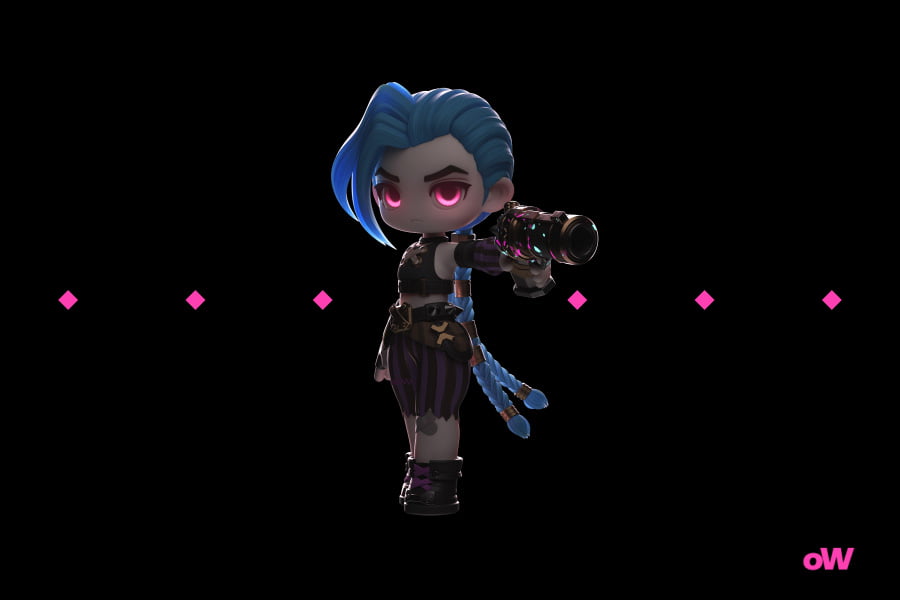
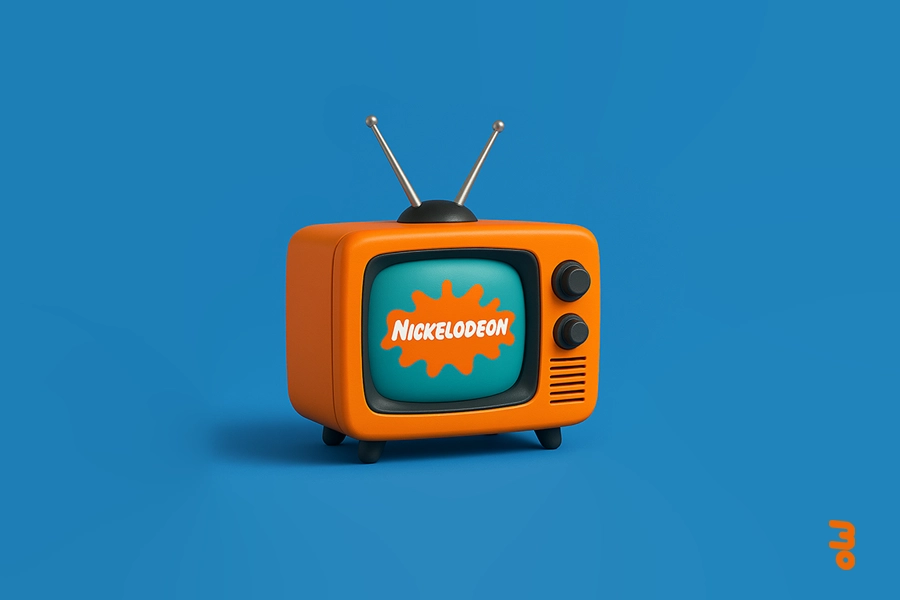
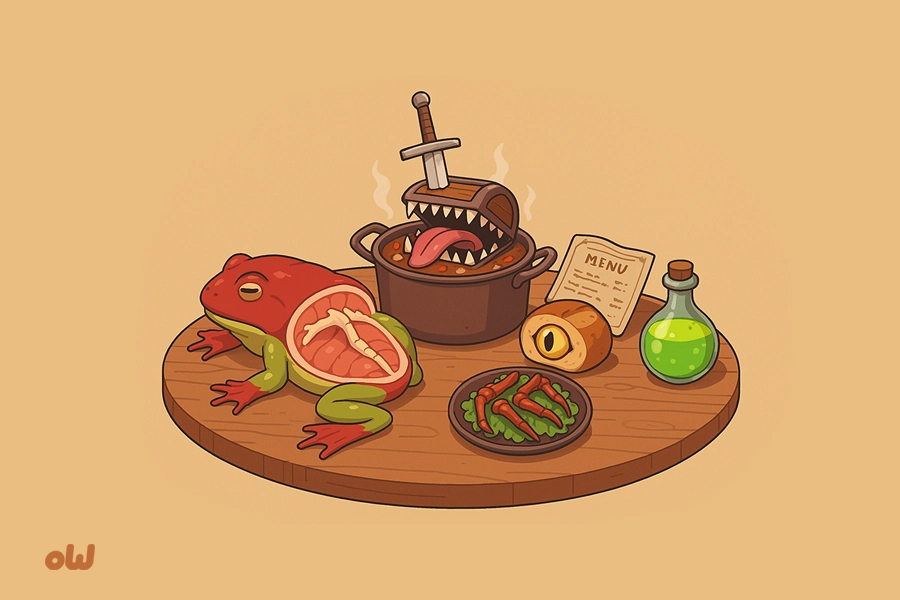

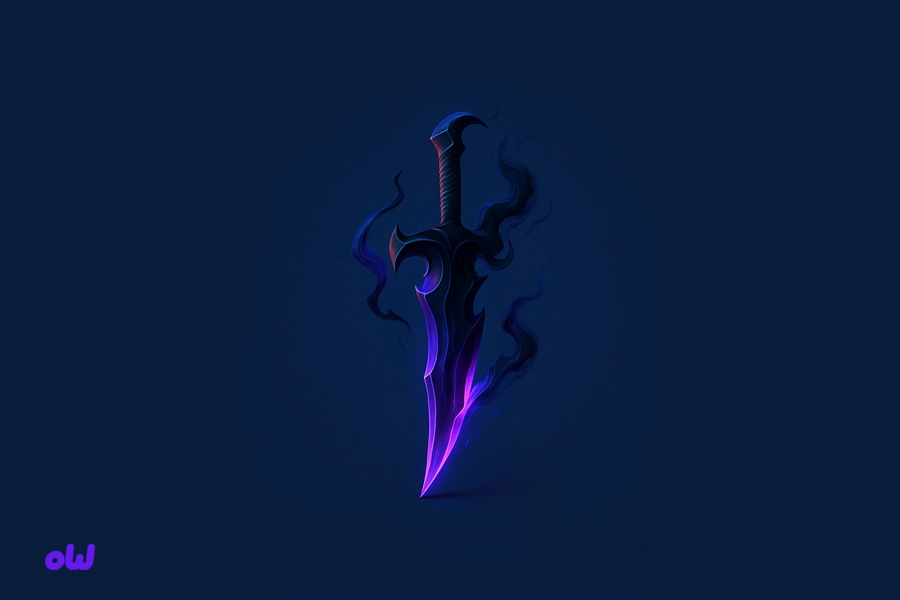
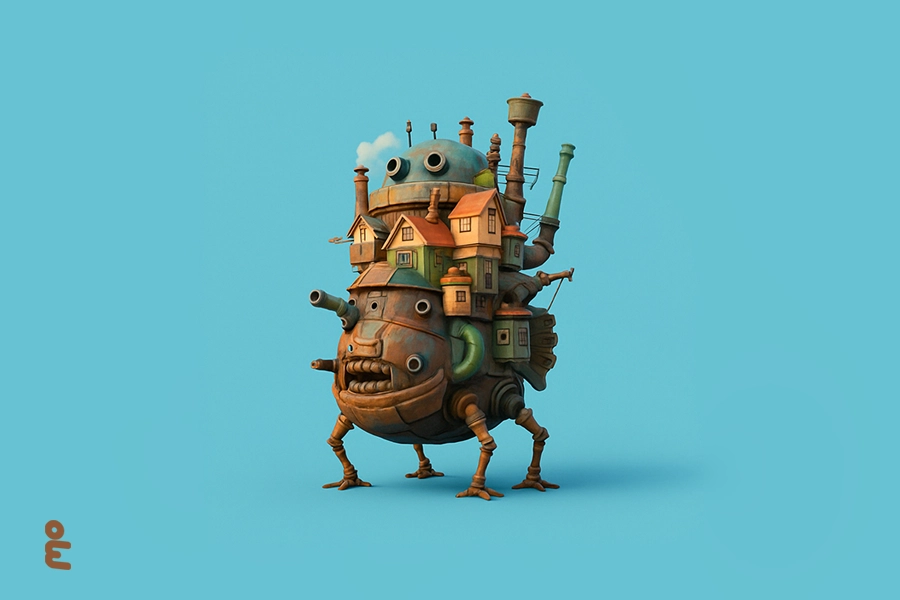
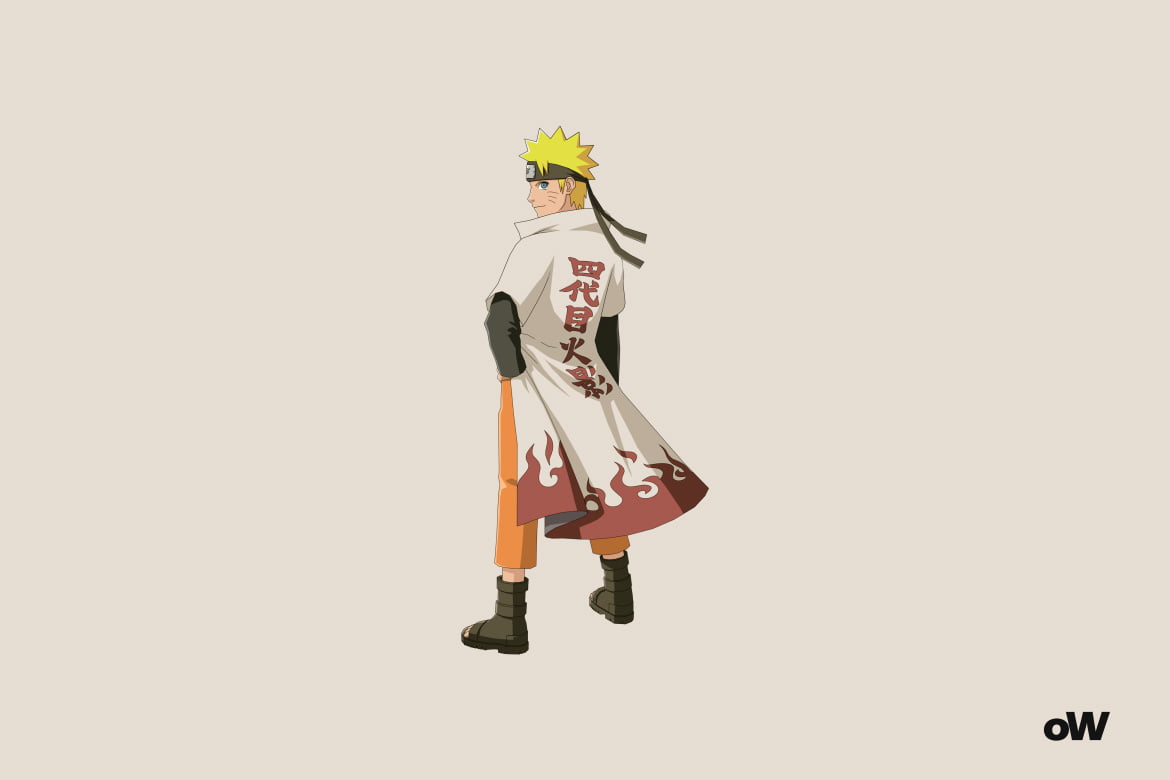
Oh wow this is so peak, it really made me bust! Im a crossover- romantic !
I always knew I had something underlying my thoughts, also knew that I had something going on in my life that I, and others couldn’t quite understand. Thank you for letting me realize what I have been losing! -Kokisha